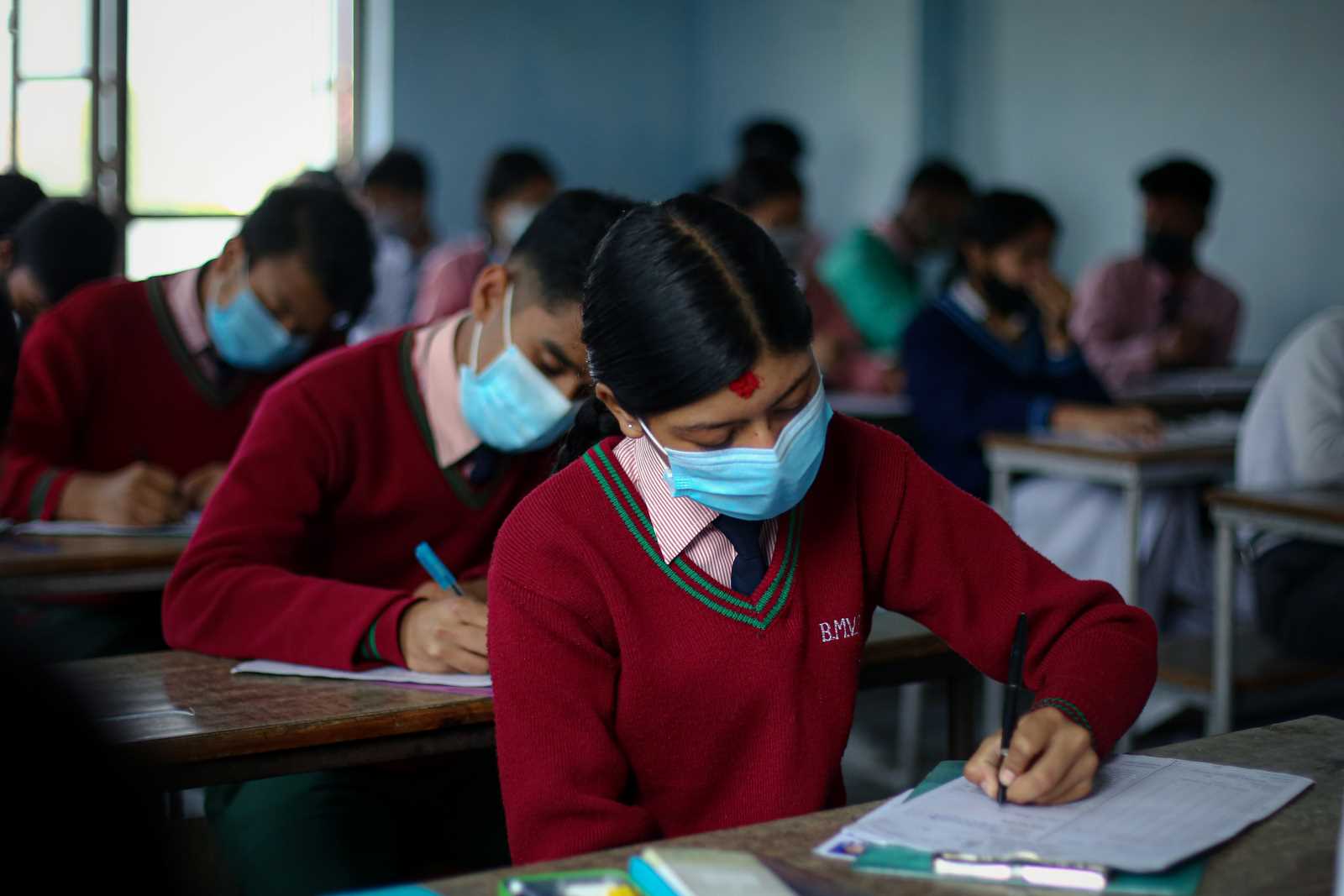Health professionals
The impact of brain drain

The new immigration law which makes Germany more attractive to potential migrants came into effect on 1 March 2020. Like many other European countries, the Federal Republic certainly needs immigration to fill labour-market gaps. For example, Germany does not have enough nurses. Experts from the German Institute for Applied Nursing Research reckon that 38,000 jobs are currently vacant in this field. The Federal Employment Agency expects that, due to society’s ageing, Germany will need about 3 million nurses by 2060 – three times more than today.
So far, migrants from poorer EU countries such as Poland or Romania have plugged many gaps. They helped to bring in farms’ harvest, for example, and have been taking care of many elderly people. However, more people are needed, employers face difficulty in finding enough engineers and IT specialists.
Since 2012, the Federal Government has been actively motivating migrants to come to Germany through initiatives like „Make it in Germany“ and „Triple Win“. The idea is to recruit skilled people from specific countries. Some 3,000 nurses from countries like the Philippines, Bosnia and Herzegovina, Serbia and Tunisia have been brought to Germany this way.
For the countries the nurses came from, this development means that skilled people leave and are no longer available. Confronted with the accusation of causing brain drain, German policymakers point out that the number of health professionals exceeds the number of available jobs in countries like the Philippines or India. This argument is not entirely wrong, but it often lacks a holistic understanding of the reasons behind it. Demography matters, and the countries concerned tend to have younger populations than the host countries. However, what they lack is a strong health-care infrastructure. They neither have enough hospitals, nor do facilities often meet the international quality standards. Therefore, they cannot offer enough employment opportunities to all health professionals. That is what makes Germany, Canada and other Western countries attractive.
For the countries of origin, brain drain is a serious problem. According to World Bank data, Germany has 13.2 nurses per 1,000 inhabitants. The comparative figure for India is 2.1 and for the Philippines 0.2. The Corona pandemic has made the disparities frightfully clear. For patients in critical condition, Germany has many beds in intensive-care units, but it lacks staff, while India and the Philippines have neither the hospitals nor the health professionals to take care of masses of sick people.
Covid-19 shows what brain drain combined with poorly developed health infrastructure means. Policymakers should fix the gaps in their current approaches, whether their nations are marked by immigration or emigration. Incentives to migrate, as are provided by Germany and Canada, for example, matter, and so do the remittances that migrants send home to their families. Governments on both sides of the global divide must cooperate in an effective way. Win-win solutions are feasible.
In this context, the triple win approach promoted by Germany’s Federal Ministry for Economic Cooperation and Development (BMZ) deserves a praise. It is geared to only:
- recruiting from countries with more skilled workers than jobs in any given sector, a surplus,
- supporting integration through targeted placements in Germany and
- encouraging migrants to channel remittances through legal means.
More needs to be done, however. Host countries should agree to strengthen health care in countries of origin through funding and professional training. The German Federal Government’s aid packages for developing countries to combat the pandemic include the provision of medical equipment to hospitals. That is a step in the right direction.
Richa Arora is an Alexander von Humboldt fellow at the German Institute for International and Security Affairs (Stiftung Wissenschaft und Politik – SWP).
https://www.swp-berlin.org/en/











